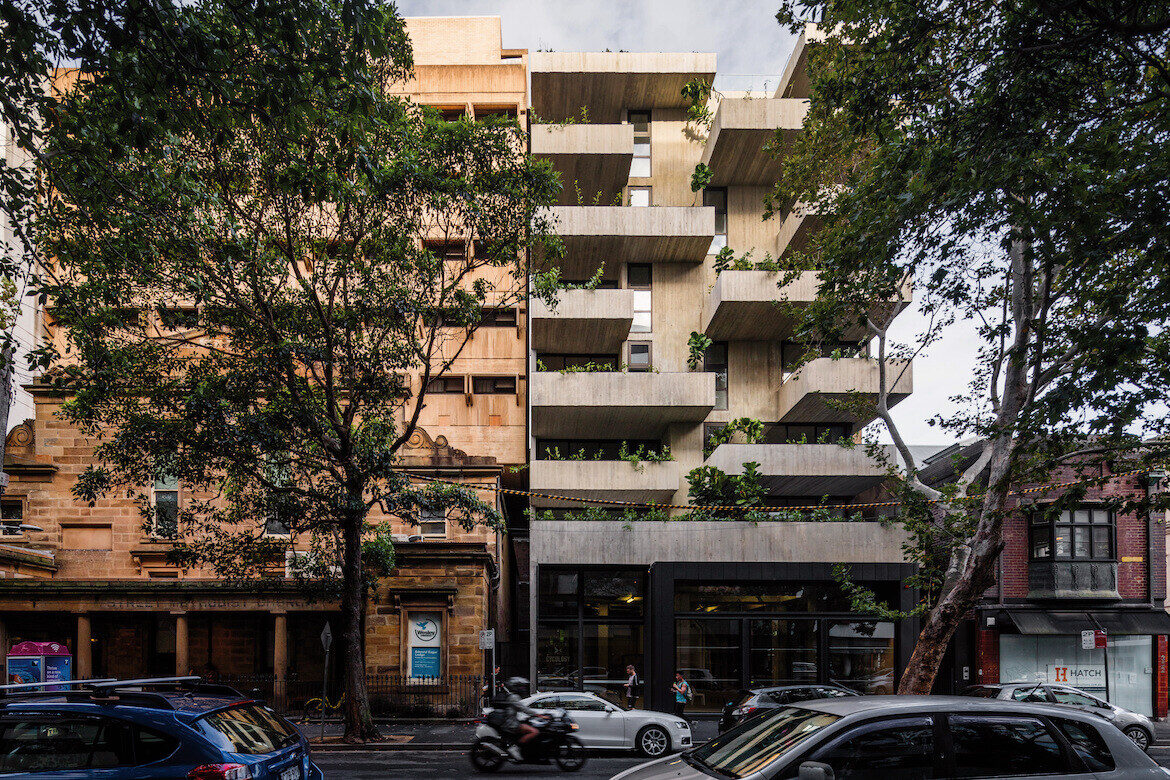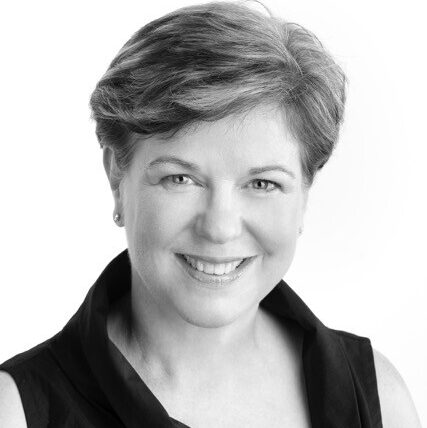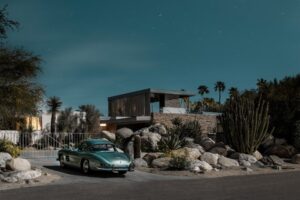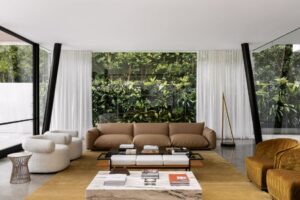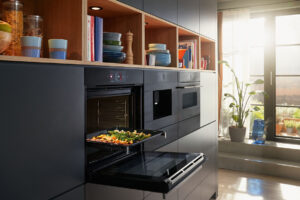The design of multi-residential projects is now evermore creative and refined as downsizers desire the comforts of a large home and city dwellers, the amenity and convenience of a bespoke interior.
The 2022 INDE.Awards celebrates multi-residential design in all its forms through The Multi-Residential Building category, and over the years the shortlisted entries have provided an expert’s eye on the very best projects from across the region.
The qualities and characteristics of the best multi-residential projects, as judged by our jury, must consider a range of aspects that include site, sustainability, community, the human experience and market needs. The design needs to reflect innovation and originality as well as functionality, performance and best practice through process and solution.
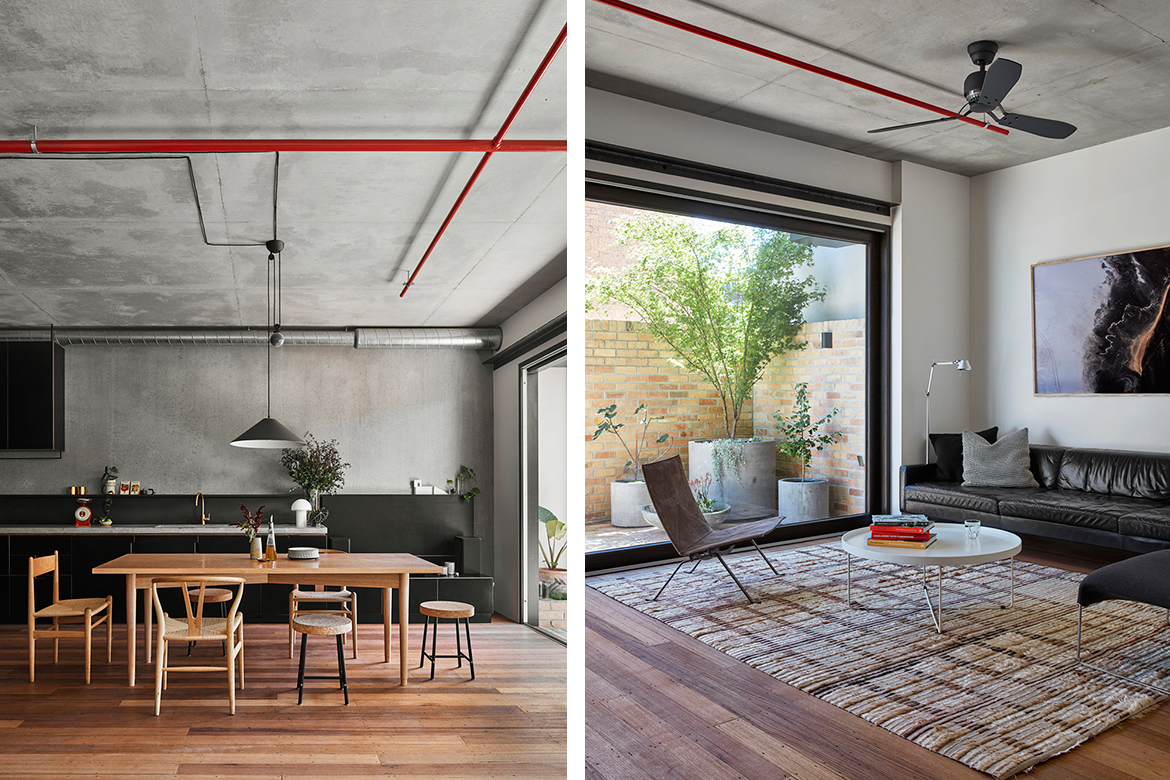
As expected, the most outstanding projects have received the winning accolade over the past five years of the INDE.Awards. From the multiple occupation family home, Mermaid Multihouse by Partners Hill with Hogg & Lamb and the sustainably superior designed Nightingale 1, by Breathe Architecture through to the mixed-use site and urban garden design for Short Lane by Woods Bagot that redefined inner-city living. CHANG Architects’, Cornwall Gardens beautifully incorporates landscaping and greenery at every opportunity to complete a group of projects that shows the diversity of multi-residential living.
Last year Pipi by Smart Design Studio received the award for best in category, with an incomparable design that was perfectly aligned to its beachside surroundings. Sculptural and authentic, with tall portal frames that enclose balconies, the façade and indeed the building is a standout, while the custom interiors provide every amenity, are spacious and detailed and reflect the natural light.
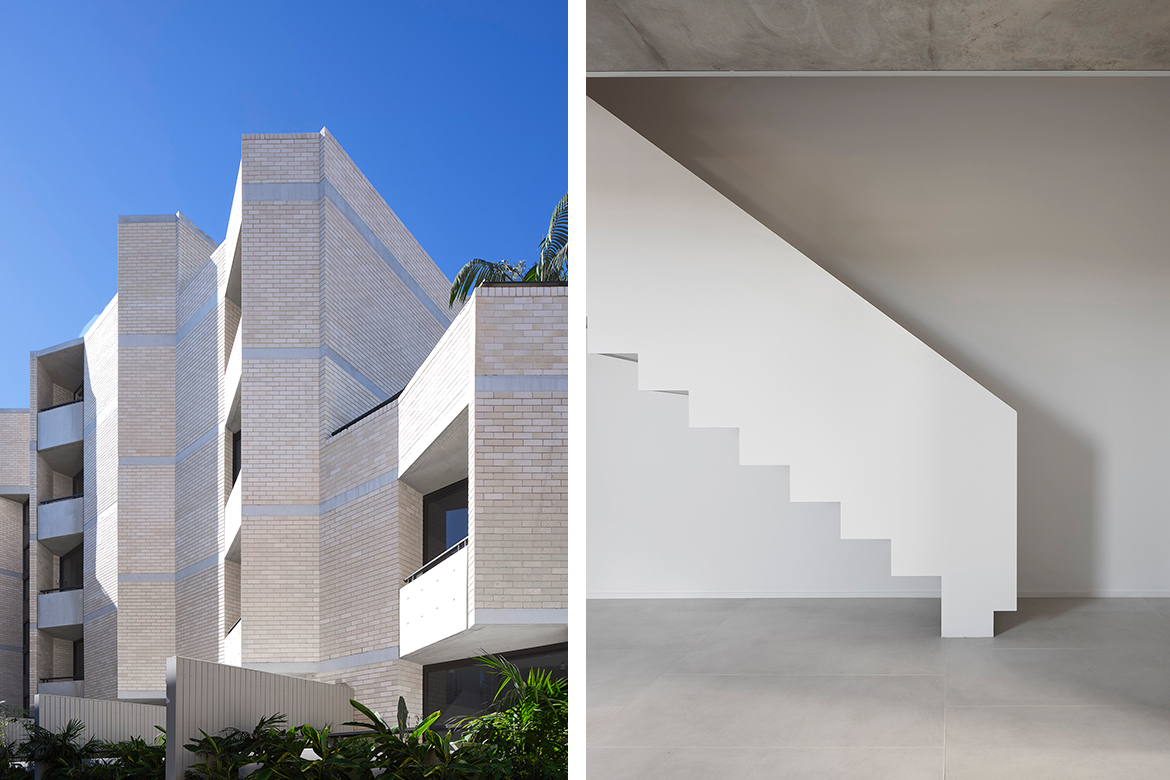
William Smart Founder and Creative Director of Smart Design Studio says “An outstanding project requires many components to fall into place, much like a puzzle. Sometimes I feel that pulling off a successful project is almost a miracle given the forces that often seem to be working against you and the level of complexity involved. It really requires a great deal of determination
Maintaining a strong client-architect relationship is really important as is the client’s commitment to achieving a high standard of design. We’d worked with our fantastic clients at Pipi on previous projects and as a result, they trusted us implicitly and gave us a lot of creative freedom.
Appropriateness is key to excellence in design; it leads to clear and concise design ideas, which can then provide the answers to the questions that come up throughout the design process. I look at the people I’m working for or the area I’m working in and I think about who they are, what they love and what they want. This is critical to all stages of the process, from the planning stage, when considering how to make limited space work harder, right through to building articulation and material selection.
Our studio’s design methodology is also critical. It sets up a robust design process to ensure the design will get better at every step of the project. We always question the design constraints and critically review the planning controls. We tend to draw a lot and build lots of physical models to find answers to our questions and if the answer is not satisfactory, we create a bigger scale drawing or a different model until we are convinced. It’s not good enough unless it’s the best it possibly can be.”
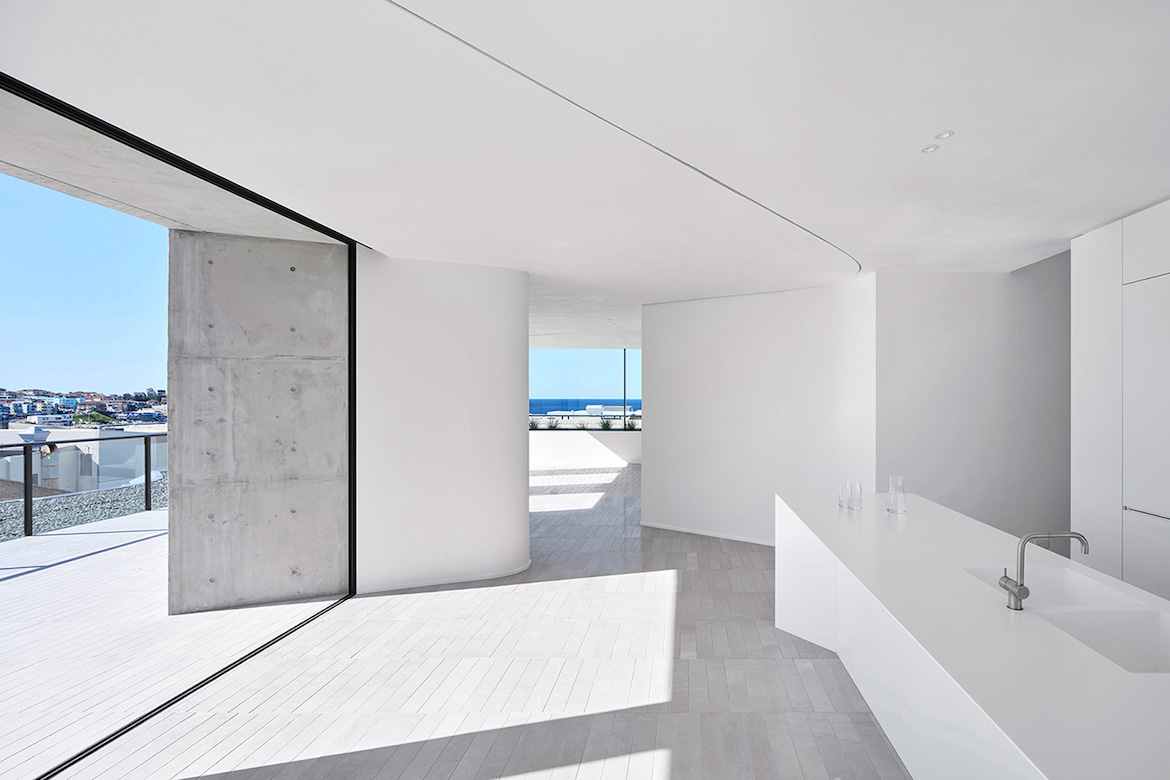
In this year’s INDE.Awards we eagerly await submissions to the Multi-Residential Building that will yet again help to re-define today’s lifestyle. As demand for high-density living increases so too does expectation by potential residents and the 2022 shortlist is certain to be another exceptional group.
Reflecting on the future design of multi-residential projects Smart explained, “Housing affordability will no doubt continue to promote demand for multi-residential projects. The way these projects play out might manifest in a variety of design solutions. I hope to see more higher-density villages that replicate the qualities of well-established inner-city suburbs. Carefully designed and smaller apartment blocks within existing neighbourhoods can offer more of a community atmosphere than mega-scaled apartment buildings.
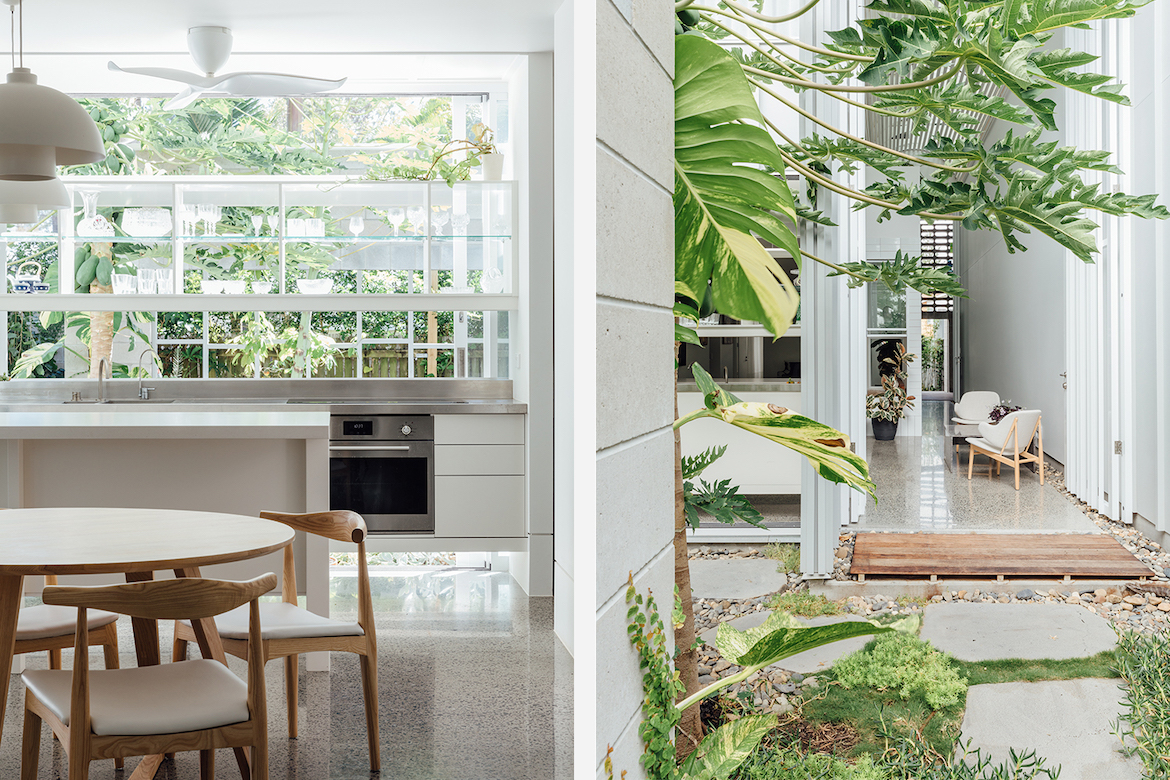
With many more Australians residing in apartments, I also expect there to be more iterations of apartment living catering to a wider demographic – be it generously proportioned apartments to accommodate large families or collective living arrangements; places for downsizers with regularly visiting family members; or smaller apartments that are more affordable. I’m also hoping that sustainability is embraced in the future. It’s something that we are very committed to here at SDS.”
Joining the INDE.Awards again as supporter of The Mutli-Residential Building category is Bosch, the premium kitchen and laundry products brand who provides solutions for every design. As a long-time sponsor of the INDE.Awards, Bosch understands the importance of relationships with architects and designers and helps to guide and translate environments to exemplar spaces through its expert products and knowledge.
So now is the time to submit your extraordinary multi-residential project and showcase your work.
.
Entries to the 2022 INDE.Awards close on 31/03/2022 at 23:59 AEDT. Entries can be started, modified and submitted here and should be entered according to the Awards’ category criteria.
The Multi-Residential Building category is proudly partnered by Bosch.


